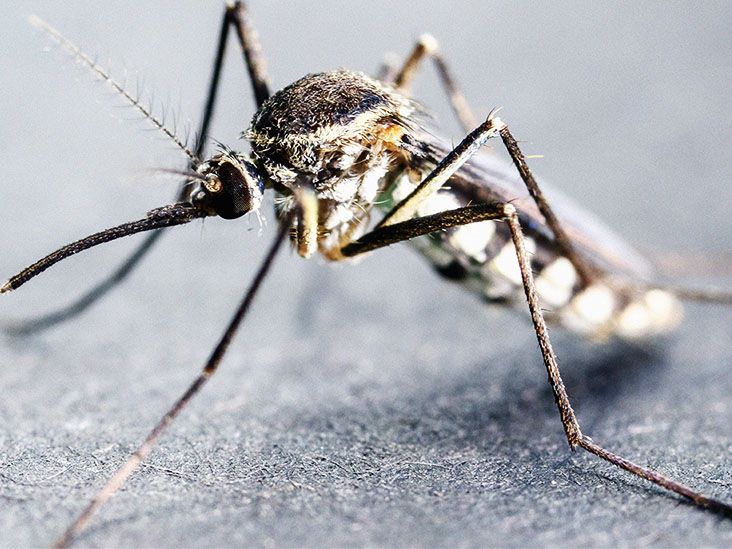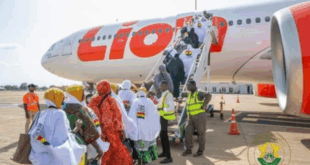
Ghana has recorded a remarkable 97% reduction in malaria-related deaths between 2014 and 2024, according to the Ministry of Health.
At an event marking World Malaria Day 2025, the Minister of Health, Kwabena Mintah Akandoh—represented by the Director-General of the Ghana Health Service (GHS), Professor Samuel Kaba Akoriyea—announced the country’s success and outlined plans under the National Malaria Elimination Strategic Plan (2023–2028). The new strategy targets a further 51% reduction in malaria deaths and a 36% decrease in under-five malaria case fatality rates by 2024, using 2022 data as a baseline.
The country has also seen a 3% decline in outpatient cases and a 17% drop in malaria-related hospital admissions.
Efforts include the expansion of interventions such as indoor residual spraying, distribution of insecticide-treated nets, seasonal malaria chemoprevention, intermittent preventive treatment during pregnancy, case management, and the rollout of the malaria vaccine aiming for over 70% first-dose coverage.
The 2025 World Malaria Day, celebrated under the theme “Malaria Ends With Us: Reinvest, Reimagine, Reignite,” emphasized the need for continued community action and investment.
Highlighting progress, Dr. Franklin Asiedu-Bekoe, GHS Director of Public Health, reported that 28 districts successfully implemented Indoor Residual Spraying campaigns with a 53% coverage rate, and over 19 million insecticide-treated nets were distributed. Malaria positivity rates dropped from 20.9% to 16% in 21 targeted districts, showcasing the impact of data-driven planning and community engagement.
 GhArticles.com Every News in Detail
GhArticles.com Every News in Detail



